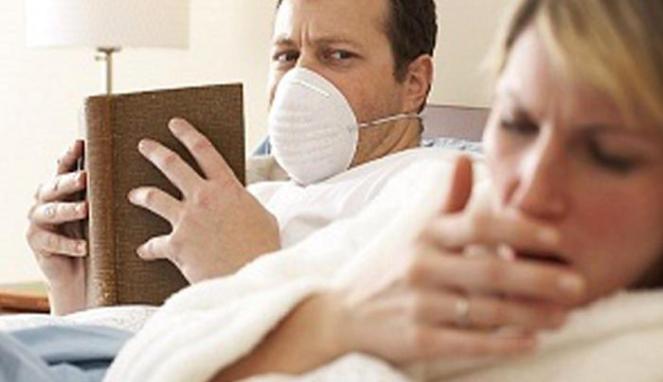How to prevent respiratory tract infections
Respiratory tract infections are any infection of the throat, sinuses, airways or lungs. A respiratory infection occurs up to 20%-30% of all the travelers, which is almost as common as travelers’ diarrhea. Upper respiratory infection is more common than the lower respiratory infection. In general, the types of respiratory infections that affect travelers are similar to those in non-travelers, and exotic causes are rare.

Therefore, it is essential to watch for signs of infection and follow these tips to help and prevention of respiratory tract infection. These tips will help you prevention of respiratory infection as much as possible.
Symptoms Of Respiratory tract infections
The symptoms you have experience will be different if it is a lower or upper respiratory infection. Symptoms can include:
Upper respiratory tract infection
- Sneezing
- Cough
- Headaches
- Stuffed or a runny nose
- Sore throat
- Muscle aches and pain.
These above symptoms of an upper respiratory tract infection usually pass within one to two weeks.
Lower respiratory tract infections
As with an upper respiratory tract infection, the main symptoms of a lower respiratory tract infection are included:
- A tight feeling in your chest
- Breathlessness
- Wheezing
- Fever and chills
- Headaches
- Blocked nose and sinuses
- Aches and pains
- A sore throat.
Causes Of Respiratory tract infections
Respiratory tract infections can be caused by
- Sinus infections (sinusitis)
- Throat infections (pharyngitis),
- Laryngitis (infection of the voice box)
- Complications such as a middle ear infection.
- Bacteria can also cause Respiratory tract infections, including serious infections such as a pneumonia and whooping cough (pertussis). Sometimes bacteria can cause a second infection after you have had a Respiratory tract infections caused by a virus.
How to prevent respiratory infection?
Environment

Keep your house clean and free from an excess dust. Keep your bathrooms and also sinks free from mold or mildew.
Try to avoid air pollution, which is including wood or oil smoke, tobacco smoke, car exhausts fumes and industrial pollution which can cause inhaled irritants and which enters your lungs. And also avoid pollen.
Do not work in or visit any form of construction site places, because dust can be harmful. If you absolutely need to go near this type of area, wear a mask provided by your doctor.
Make sure that your cooking vent is working properly so that cooking fumes can be drawn out of the house.
If possible, try to stay away from large crowds in the fall and also winter when the flu season is at its peak.
Equipment care

Keep breathing equipment to be clean. Do not let others use your medical equipment, including oxygen cannula, MDI spacer, metered dose inhaler (MDI), nebulizer tubing and mouthpiece.
Visitors

If your visitors have the cold or flu symptoms, ask them to take care and visit the doctor.
Diet

Try to eat a balanced diet which contains all vitamins and minerals. Good nutrition is essential to help the body resist infection. Eat foods from all the food groups.
Drink plenty of fluids which have at least 6 to 8 eight-ounce glasses per day. Take water, juices and sports drinks which are best.
Hand washing

Frequently wash your hands with hand wash, soap and warm water, especially before preparing your food, eating, taking medications or breathing treatments; and wash your hands after coughing or sneezing, after using the bathroom, after touching soiled linens or clothes, and after you have been around someone with a cold or the flu as well as after you have been at a social gathering. It is also good to carry waterless hand sanitizers with you to use when it necessary.
Stay at home if you are unwell

Following weather reports and avoid an extreme weather. During cold weather, avoid to go out if it is urgent to go, cover your face with a cloth. During extreme humidity, try to stay in air-conditioned areas. If you have a cold or flu stay at home until you feel better. This helps you to get over the infection faster, and will also mean that you won’t come into contact with others and spread your respiratory infection.
Most causes of an acute respiratory infection are not treatable at home. Therefore, prevention is the best method to ward off harmful respiratory infections. Getting the measles, mumps, and rubella and pertussis vaccine will substantially lower your risk of getting the respiratory infections.

